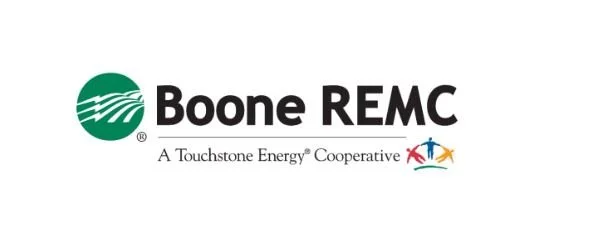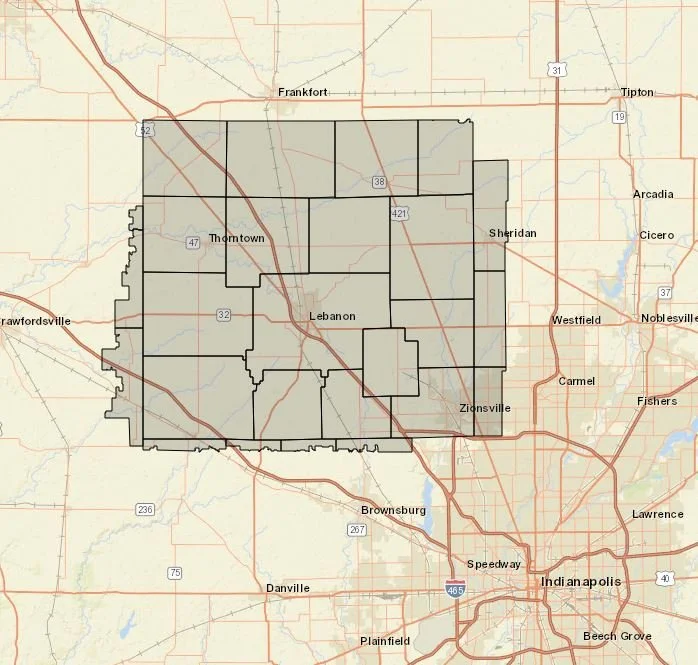A Guide to Going Solar with Boone REMC
Boone County REMC
Find out how much it costs for Boone REMC customers to install solar panels
Understanding Boone REMC
Boone REMC
Utility Type: REMC - a rural electric membership corporation where customers are also member-owners. An REMC does not make their own energy, but purchases it from a power provider.
Headquarters: Lebanon, IN
Power Provider: Wabash Valley Power Alliance
Website: www.BREMC.com
Contact for Solar Related Questions: 800-897-7362
Key takeaways for switching to solar with Boone REMC
Solar Policies: As an REMC, Boone REMC’s solar policies are governed by a board of directors representing the membership districts that make up the service territory.
Commonly Used Solar Programs:
Net Metering (NM-8)
Net metering credit on Wholesale Charges. Any excess solar energy is added to a bank of kwh for the account; the bank can be used in future billing periods to offset what would be purchased.
Go-Off Grid - Disconnect from Boone REMC or install a system separate from the grid. Click here.
Go Solar with Boone REMC >>
Boone REMC Service Territory
“Boone REMC requires solar owners to provide proof of a $1,000,000 insurance liability policy.
NM-8 Rates apply to systems that have a rating of less than 25 kw. If 25 kw or larger, written consent from the power provider is required.
Solar owners receive net metering credit for excess solar generation on their Wholesale Energy Charges, but are still responsible for customer charges, demand charges, and applicable Energy Delivery Charge per kwh on total consumption.
”
Want more tips ?
Download the Indiana Solar Guide
Top 10 tips on how to shop for solar in Indiana
Solar pitfalls and how to avoid them
Trusted advice from solar industry professionals
<< Download Now
See other Boone REMC customers that switched to solar.
Are solar panels worth it for Boone REMC customers?
Yes! For Boone REMC customers in Indiana, adding solar panels can be a worthwhile consideration. Their Net Metering program (NM-8) is a good option as it does provide the customer with a credit for excess energy generated on their wholesale energy charges.
Additionally, the availability of the federal tax credit can offset the initial installation costs, making solar more accessible. However, individual circumstances, such as roof orientation, local regulations, and financial situation, should be evaluated to determine the overall value of a solar panel installation.








